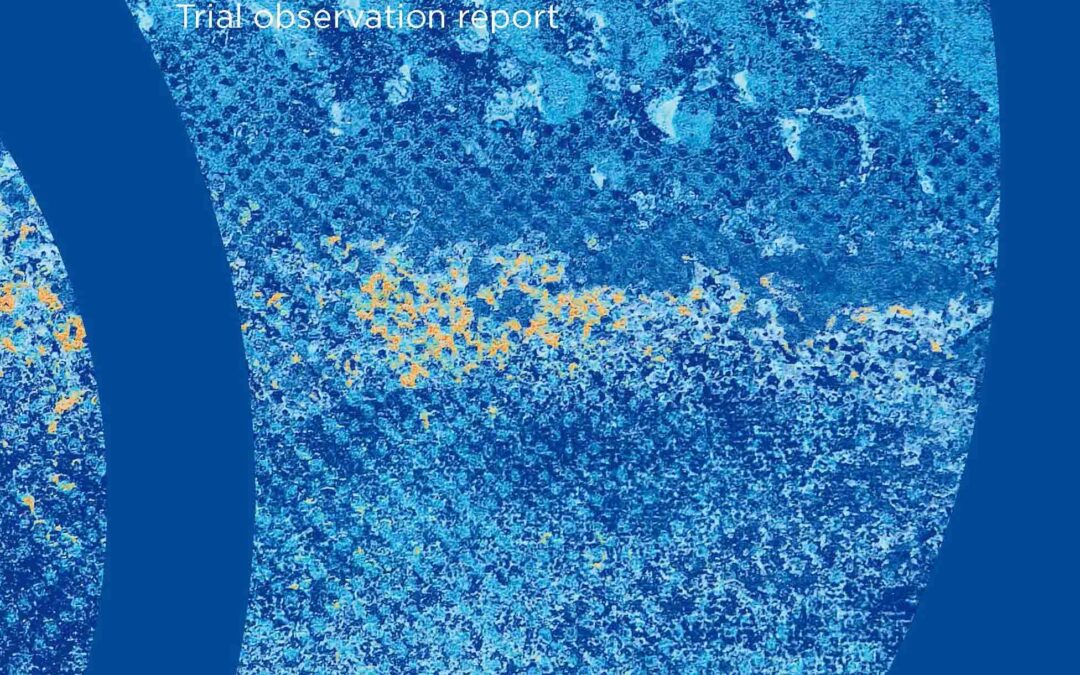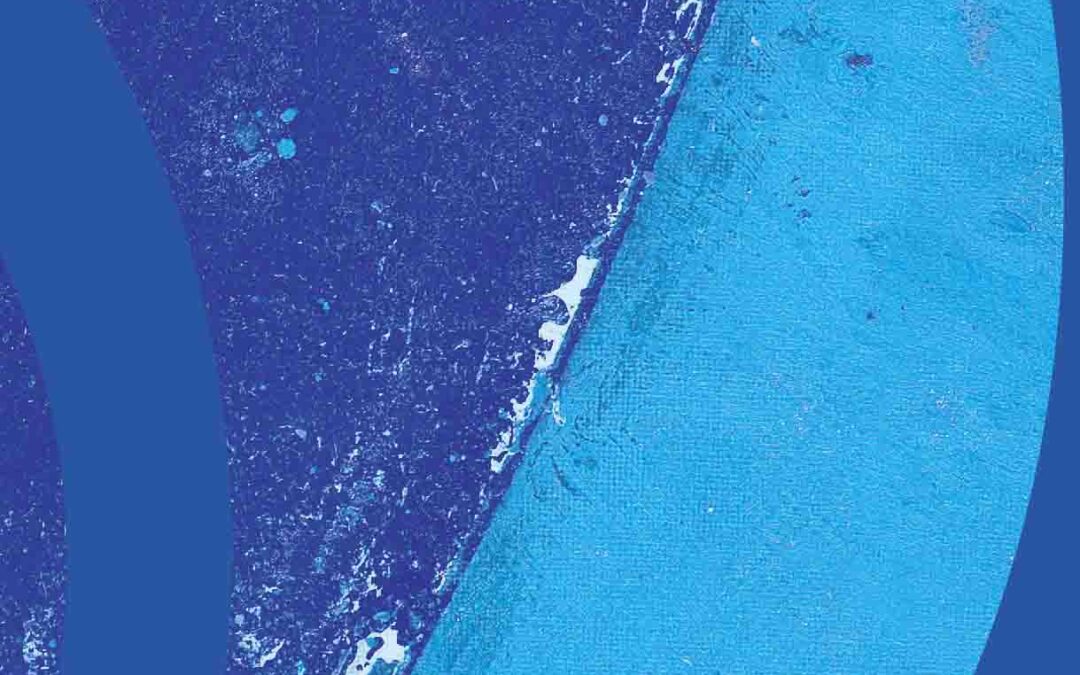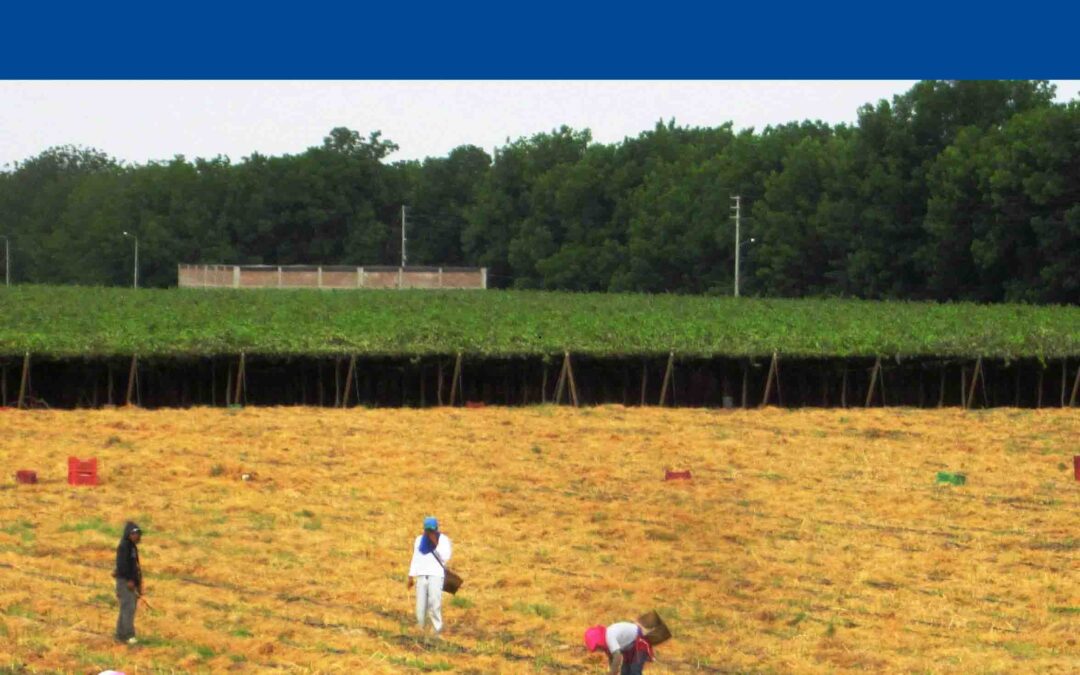
Apr 14, 2015
Today the ICJ published a briefing paper addressing harmful gender stereotypes and assumptions in law and practice and highlighting efforts in a number of countries to reform such law and practice.
The briefing paper is intended to assist legal practitioners and human rights defenders working to ensure effective criminal justice response to sexual violence against women.
“Around the world harmful stereotypes have the effect of denying many victims of sexual violence effective access to justice and redress for violations. This briefing paper demonstrates the onerous and unfair burdens placed upon victims arising from their gender when they seek to access justice,” said Ian Seiderman, ICJ Legal and Policy Director.
The paper highlights the importance of upholding a suspect’s right to a fair trial, including the presumption of evidence and rights to examine witnesses and challenge evidence while at the same time ensuring victims and witnesses also maintain equality before the law.
The publication addresses common assumptions that women are inherently untruthful; that credibility is premised on chastity; that women will fight back and therefore should demonstrate evidence of physical force or a struggle; that women’s passive sexuality opens up room for debate in defining consent; that women should obey their husbands; and that sexual violence is a matter of dishonor to the victims and their families.
In identifying these underlying harmful gender stereotypes and assumptions the paper also identifies a number of reform measures and examples of good legislative practice that can help states to enhance protection against sexual violence of women in accordance with their international obligations.
Download the report here:
Universal-GenderStereotypes-Publications-Thematic report-2015-ENG (full text in PDF)

Mar 20, 2015
The Court Proceedings in “Foreign Agents” cases report on trial observations analyses four cases concerning the implementation of the 2012 Amendments to the Russian NGO Law.
It is based on court hearings observed by the International Commission of Jurists (ICJ) in 2013-2014 in each of these cases, as well as information provided by lawyers and NGOs in Russia.
The report assesses the compliance of the hearings the ICJ observed with the right to a fair hearing as guaranteed under international human rights instruments including the European Convention for the Protection of Human Rights and Fundamental Freedoms (European Convention on Human Rights or ECHR) and the International Covenant on Civil and Political Rights (ICCPR), treaties to which Russia is a party, and with which it is thus bound to comply.
The report focuses, in particular on some aspects in the proceedings which gave rise to concern that the right to a fair hearing was being breached.
Russian Federation-NGO Foreign Agents-Publications-Trial Observation Report-2015-ENG (full text in PDF)
Russian Federation-NGO Foreign Agents-Publications-Trial Observation Report-2015-RUS (full text in PDF)
Read also:
Russian Federation: report on the Constitutional Court proceedings and judgment on the “Foreign Agent” amendments to the NGO Law
Russian Federation: ICJ expresses concern at court judgment ordering registration as a foreign agent
Russia: amendments to the NGO Law on Foreign Agents violate rights to freedom of association and expression

Mar 4, 2015
The most recent report of the ICJ aims to contribute to the current process of reviewing the Revised Penal Code (RPC), the main source of criminal laws of the Philippines, which was adopted in 1932.
No substantial amendments have been made since the adoption of the RPC and the Government of the Philippines now intends to develop a new Criminal Code that reflects international best practices and is anchored in human rights.
The report Righting Wrongs: Criminal Law Provisions in the Philippines related to National Security and their Impact on Human Rights Defenders focuses on existing penal law enacted in the name of national security, many of which have been used against human rights defenders to unduly limit their right to promote and protect human rights or whose mere existence casts a chilling effect on the work of human rights defenders.
The report also examines the Philippines’ Human Security Act (HSA) and the Terrorism Financing Prevention and Suppression Act (TFPSA).
The two laws are not part of the RPC, but they are the principal counter-terrorism legislation in the country.
They form part of the body of criminal laws in the country that the ICJ believes should be considered for amendments.
The report analyzes these laws in the light of international human standards, and accordingly makes recommendations for the amendment of provisions or their repeal.
Download the full report here:
Philippines-Criminal Law Provisions-Publications-Report-2015-ENG (full text in PDF)

Jan 7, 2015
El presente comentario jurídico se refiere al artículo 378 del Código Penal guatemalteco, cuyo epígrafe le denomina “delitos contra los deberes de humanidad”.

Nov 3, 2014
The report presents the findings, conclusions and recommendations of an ICJ observation mission on social rights in agriculture for export in the Ica Valley (south of Lima).









